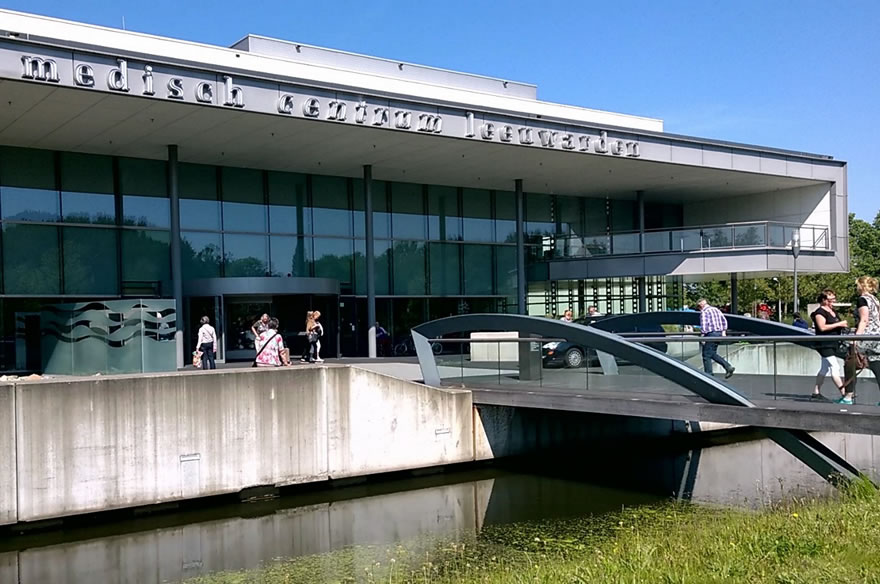Over a period of nine months, MCL hospital will be scanning 15 years of medical history. It is almost a military operation. 25.000.000 sheets of paper, with the staples and paper clips removed by hand, will soon be flying through the ‘scanning tunnel’ in Zaventem (Belgium). The files of 900.000 MCL hospital patients will be transferred from paper to the computer.
“It is almost a military operation”, says the financial director, René Delleman. He does not want to disclose the exact cost, but it runs into the millions. At two storage warehouses on Hemrik Industrial Estate in Leeuwarden, the files will be put into boxes on pallets, and then sent to Zaventem in trucks, where the company iGuana will carry out the digitisation project.
Epic
Because it involves sensitive, private material that also needs to remain available at all times, nothing has been left to chance. “Imagine a specialist suddenly needs a specific file that is being processed at that point. A phone call is made to Belgium, and within a quarter of an hour, we will have the digital version.” iGuana is capable of finding the right file at that speed because each file has a number and a barcode.
Digitisation is necessary because MCL will be starting to use Epic on 1st April. Epic is a completely computerised care system that also includes all patient files. As Delleman explains, “We have to store all our patients’ data for 15 years, and some of it for longer if the doctors specifically request it. All that information needs to be accessible quickly and in a legible format, including handwritten notes by doctors and nurses.”
11 Kilometres of Archives
iGuana was selected for the task last year, from a pool of three potential candidates. The company has been serving numerous medical institutions for many years. The MCL project involves processing about eleven kilometres of archives, at the rate of about 25.000 files per week. The work will be complete in August. So it will not be ready by 1st April, but that will not be a problem. “We did the current files first”, Delleman explains. The scanning process is strictly monitored. “There are all kinds of confidentiality clauses. The pallets are secured and sealed before transportation. Cameras and telephones are forbidden in the work areas.”
Tjongerschans hospital in Heerenveen and Nij Smellinghe hospital in Drachten are digitising their files without bringing in an external company. Tjongerschans started doing so back in 2004, because the archives were full and it was clear that the future would be digital. In Heerenveen, a total of 700.000 files have been cleaned and scanned by six full-time staff. The job will be completed in October. In Nij Smellinghe, the work took the hospital’s own staff eight years to complete.



.jpg)




